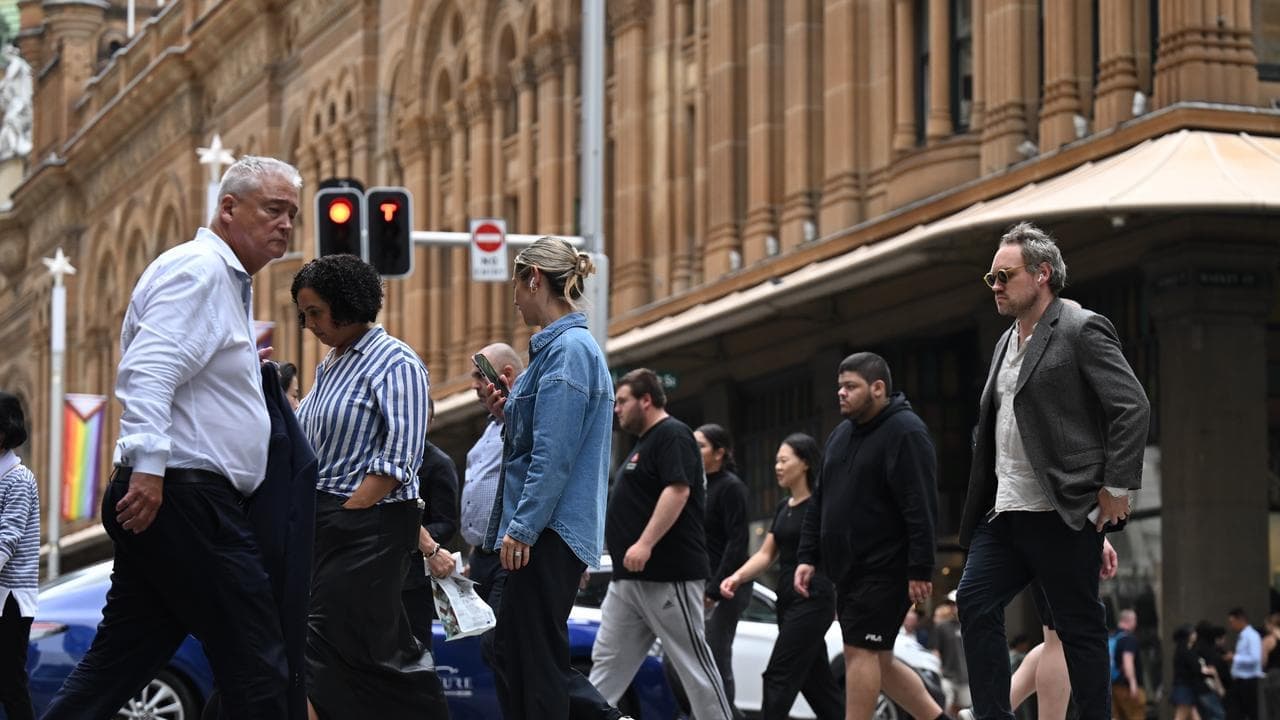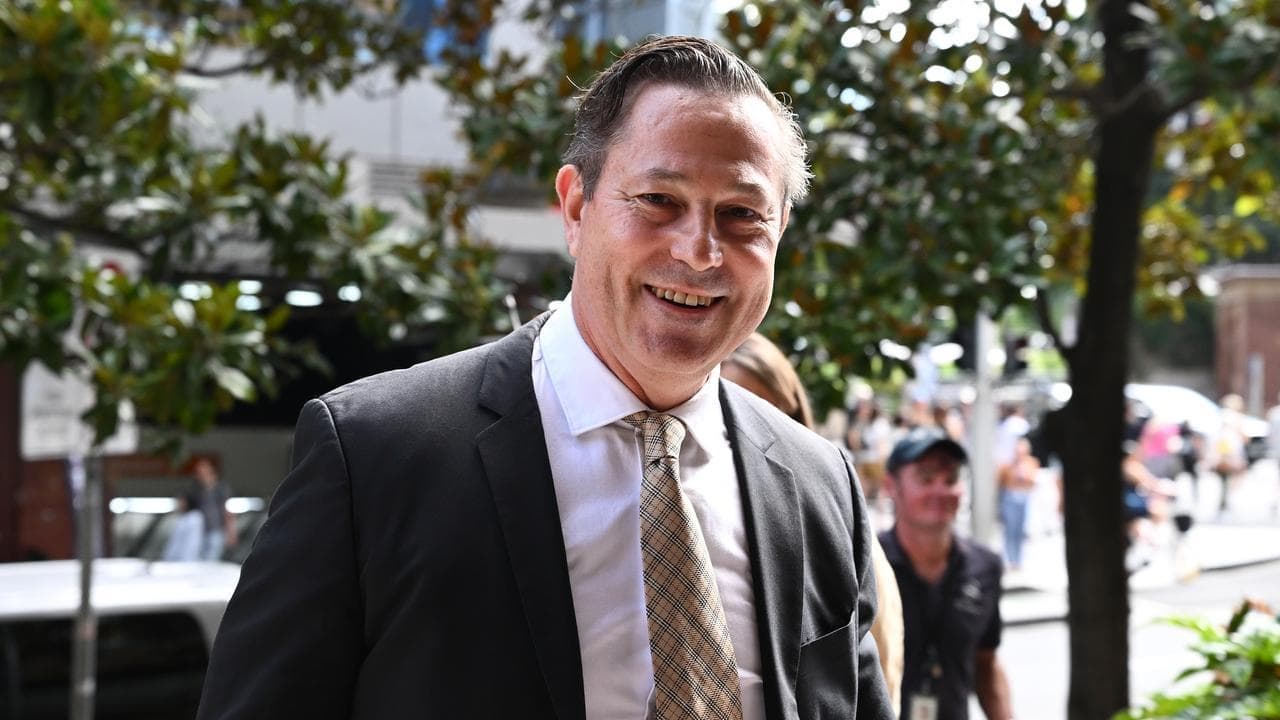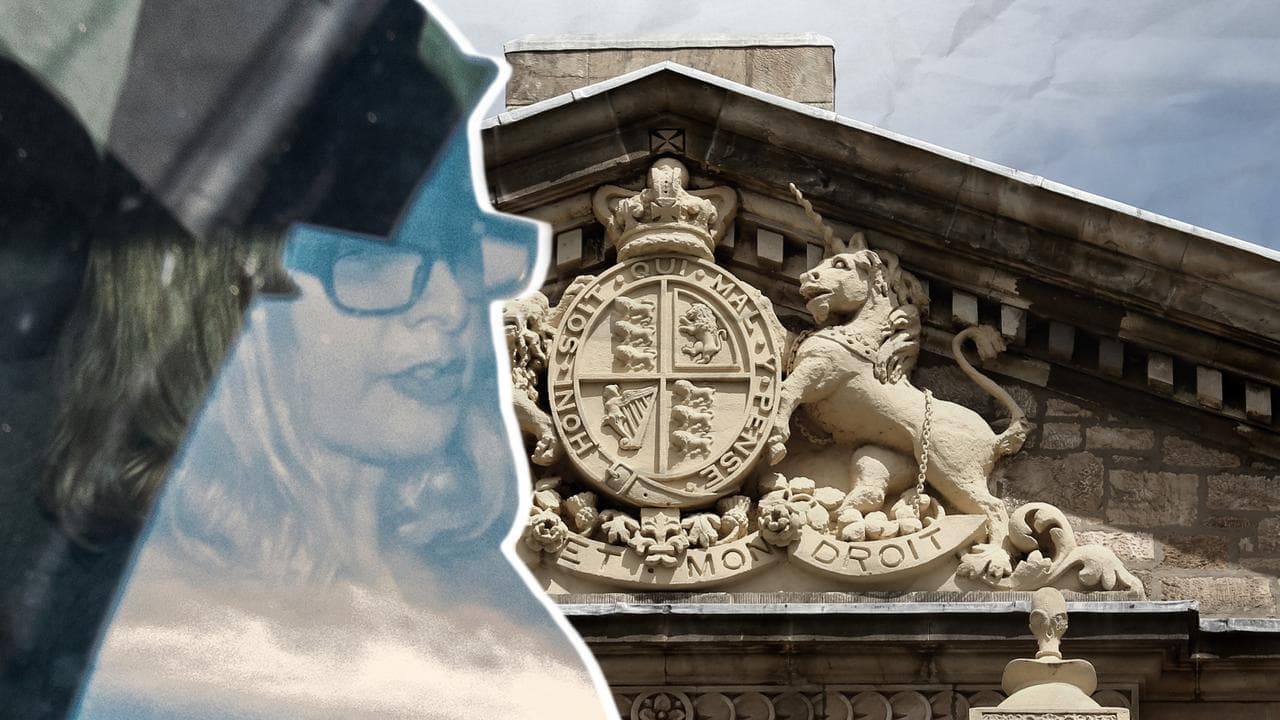WHAT WAS CLAIMED
From July 1, a digital ID will be required if you want to use social media in Australia.
OUR VERDICT
False. Social media users will not need a digital ID from July 1.
AAP FACTCHECK – Australians will need to use a digital ID if they want to log in to their social media accounts from July 1, 2024, it is being claimed.
This is false. A voluntary, national digital ID scheme is due to commence at the end of 2024. Initially, it can be used for government services, with the potential for private companies to become involved from 2026 onwards.
The claim has spread online after the Australian parliament passed the Digital ID Bill 2024.
A YouTube video, titled "Australian Digital ID to be Rolled Out from July 1st 2024 – Digital ID to Access Social Media", has been widely shared across Facebook.
At 11 minutes 40 seconds, the female voiceover says: "As of July 1, Australians are going to be the first Western country that beta tests a complete nation of people having to provide their biometric data to their government and to be verified to go onto social media."

Another post is captioned: "Here comes the censorship folks! Australia's new Digital ID will be required to log in to social media. And then how far down the road will it be before Chinese CCP style Social Credit Scores are implemented?"
The new legislation expands on the Australian government's digital identity app, myGovID, which already exists as an option for using federal government services.
Instead of accessing myGov by using an email, a password and answering a "secret question", users who have set up myGovID can log in by selecting "Continue with Digital Identity" and typing in a four-digit code displayed in the app.
Lauren Perry, a responsible technology policy specialist at the University of Technology Sydney, told AAP FactCheck the bill sets up the legal foundations of this system.
"The laws provide the guidelines and safeguards for people to set up a digital ID through myGovID," she says.
"It's completely voluntary, so people have the choice of whether they want to use digital ID or traditional identity documents.
"The purpose of the legislation is to improve privacy, security and access to online services."

Erica Mealy, a lecturer in computer science at the University of the Sunshine Coast, says the scheme was originally due to begin on July 1, but this has been pushed back to December 2024.
"Initially it will be rolled out to federal government entities, then state and local government entities, and then in time the private sector," she explains.
The bill says private entities – e.g. banks or insurance companies – can apply for approval to participate in the digital ID system two years after the law commences (p78).
Experts confirmed to AAP FactCheck there is nothing in the legislation that states digital ID will be required to access social media from July 1.
The phrase "social media" does not appear at all in the wording of the bill.
"There are, to my knowledge, no immediate changes being mandated by the Australian government or its regulatory bodies to how users are authenticated or verified on social media in Australia," Dr Mealy says.
Ms Perry agrees.
"There is a separate conversation happening across government about the possibility of introducing age restrictions for social media," she says.

Both Prime Minister Anthony Albanese and Opposition Leader Peter Dutton support a ban on children creating social media accounts until they are 16.
Ms Perry and Dr Mealy say a digital ID system could potentially be used for age verification, but there are no laws proposing this and the technology isn't mature enough right now.
In March 2023, the eSafety Commissioner released a roadmap for age verification – focusing on online pornography rather than social media – which suggested the government could use the digital ID regulatory framework as inspiration to establish a similar scheme for age verification technology (p35).
The Verdict
The claim that from July 1, a digital ID will be required if you want to use social media in Australia is false.
A voluntary digital ID scheme is due to commence in December 2024. The legislation sets up a regulatory framework and allows digital ID to be used for federal, state and territory government services, with the option of private companies becoming involved from 2026.
There is nothing in the bill relating to social media access and use.
False – The claim is inaccurate.
AAP FactCheck is an accredited member of the International Fact-Checking Network. To keep up with our latest fact checks, follow us on Facebook, Twitter and Instagram.












